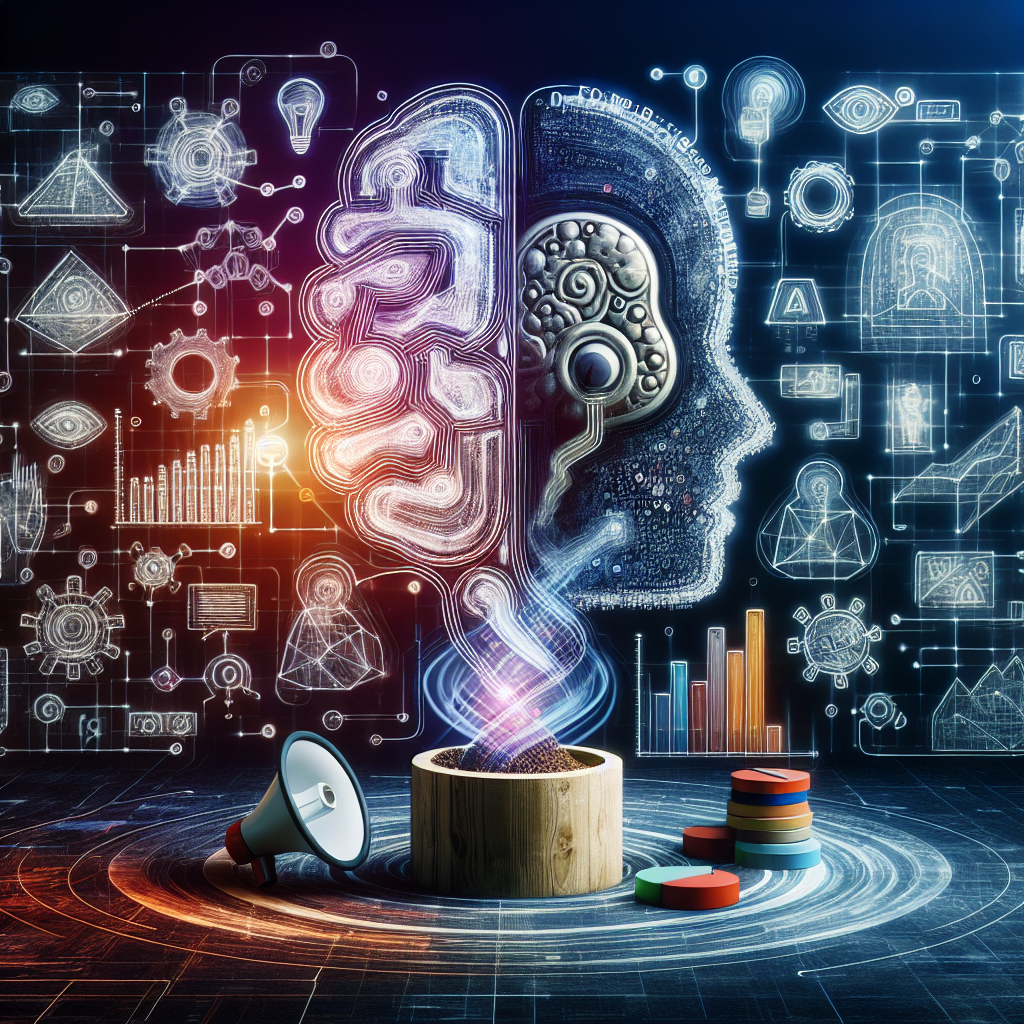The Rise of AI and Machine Learning in Marketing
In recent years, artificial intelligence (AI) and machine learning have revolutionized the way businesses approach marketing. These technologies have enabled marketers to personalize their campaigns, analyze data more effectively, and improve the overall customer experience. As a result, AI and machine learning have become integral tools in the modern marketing landscape.
AI in Marketing
AI refers to the development of computer systems that can perform tasks that typically require human intelligence. In marketing, AI is used to automate repetitive tasks, analyze large amounts of data, and personalize customer interactions. One of the most common applications of AI in marketing is in the form of chatbots. These AI-powered programs can interact with customers in real-time, answer questions, and provide personalized recommendations.
AI is also used in predictive analytics, which involves using historical data to forecast future trends and behaviors. This allows marketers to anticipate customer needs and tailor their campaigns accordingly. AI-powered algorithms can analyze data in real-time, enabling marketers to make informed decisions quickly.
Machine Learning in Marketing
Machine learning is a subset of AI that involves the development of algorithms that can learn from and make predictions based on data. In marketing, machine learning is used to analyze customer behavior, identify patterns, and predict future outcomes. For example, machine learning algorithms can analyze customer data to identify segments with similar characteristics and preferences, allowing marketers to create targeted campaigns.
Machine learning is also used in recommendation systems, which provide customers with personalized product recommendations based on their browsing and purchasing history. These systems use algorithms to analyze data and predict which products are most likely to appeal to individual customers, increasing the likelihood of a purchase.
Benefits of AI and Machine Learning in Marketing
The rise of AI and machine learning in marketing has brought about several key benefits for businesses:
1. Improved Personalization: AI and machine learning enable marketers to create personalized campaigns that resonate with individual customers. By analyzing data and predicting customer behavior, marketers can deliver targeted messages that are more likely to convert.
2. Enhanced Customer Experience: AI-powered chatbots and recommendation systems provide customers with a more personalized and efficient shopping experience. These tools can answer questions, provide recommendations, and address customer concerns in real-time, improving overall satisfaction.
3. Increased Efficiency: AI and machine learning automate repetitive tasks and analyze data more effectively, allowing marketers to focus on strategic initiatives. This increases productivity and enables marketers to make data-driven decisions quickly.
4. Better ROI: By targeting the right customers with personalized campaigns, businesses can increase their return on investment (ROI). AI and machine learning help marketers identify high-value customers and tailor their marketing efforts to maximize revenue.
FAQs
Q: How can AI and machine learning improve customer segmentation?
A: AI and machine learning can analyze large amounts of data to identify segments of customers with similar characteristics and preferences. This enables marketers to create targeted campaigns that resonate with specific customer groups, increasing the likelihood of a conversion.
Q: What are some common applications of AI in marketing?
A: Some common applications of AI in marketing include chatbots, predictive analytics, recommendation systems, and personalization. These tools help marketers automate tasks, analyze data, and personalize customer interactions to improve the overall customer experience.
Q: How can businesses implement AI and machine learning in their marketing strategies?
A: Businesses can implement AI and machine learning in their marketing strategies by investing in the right technology, collecting and analyzing data effectively, and training employees on how to use these tools. It’s important to start small and gradually scale up as you gain experience with these technologies.
Q: What are the potential challenges of using AI and machine learning in marketing?
A: Some potential challenges of using AI and machine learning in marketing include data privacy concerns, the need for specialized skills and expertise, and the risk of bias in algorithms. It’s important for businesses to address these challenges proactively and ensure that they are using these technologies ethically and responsibly.
In conclusion, the rise of AI and machine learning in marketing has transformed the way businesses approach customer engagement, data analysis, and campaign optimization. These technologies enable marketers to personalize their campaigns, improve efficiency, and enhance the overall customer experience. By embracing AI and machine learning, businesses can stay ahead of the competition and drive success in the digital age.

